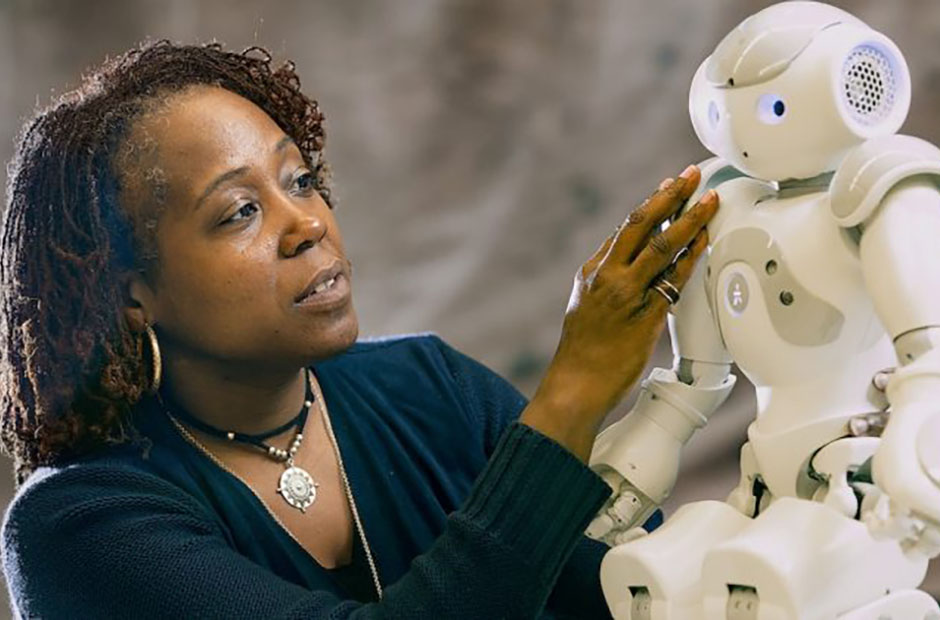How do you work with students?
We have workshops and training courses to equip the students with the basic business model canvas and skill sets required in a start-up.
We also provide opportunities for overseas exposure, in places such as Indonesia, Vietnam, Italy, Portugal and Berlin. This gives the students an opportunity to broaden their mindset and understand the problems faced by different countries, and how innovation is used to tackle these problems.
For students exploring ventures, we meet up with them to develop their business model and refer them to relevant industry mentors who can guide them along their journey.
What are some of the business ideas which students have?
Our students tend to work on technology-based business ideas, ranging from design thinking and technology education curriculum for younger children, to mobility devices – such as a wheelchair attachment to enhance the daily mobility of wheelchair users.
What skills and mindsets should students have, to thrive in the working world?
A learning mindset is important. Have a global mindset, collaborative attitude, adaptability, creative problem-solving skills as well as resilience. They are likely to switch careers or industries many times in their lives, and these traits will serve them well.
If they want to be entrepreneurs, they need to be strong mentally, as there is a lot of uncertainty and frustration, and they have got to learn to be patient and work through the obstacles without giving up too early. Always listen and accept feedback and criticism, so that they can understand better on how to create value to their products and services.
They need to be able to build a team with complementary strengths, so that the business can develop to its full capacity. They also need to be able to communicate well, not just with their customers, but also with potential investors, partners, suppliers, distributors, employees and government regulators.
Are students are lacking in these areas today?
I am a parent of three children, and as an administrator in a university who has some interaction with students, I am quite optimistic.
They have their ideals, and want to contribute to society. Most importantly, they are willing to learn. What is lacking though, and they should not be faulted for, is exposure to the real world. It does make them have unrealistic expectations. Hopefully, the process of maturity will temper their expectations.
But then again, we may want some of them to remain unreasonable, as to quote George Bernard Shaw: “The reasonable man adapts himself to the world; the unreasonable one persists in trying to adapt the world to himself. Therefore all progress depends on the unreasonable man.”
How can parents support their children to become future-ready?
Part of the effort would involve educating parents about the new realities, and what is needed for their children to respond to the new challenges and opportunities.
Parents should be encouraged to allow their children’s interests to develop and actively nurture and sustain these interests. Team-based competitions and community-based projects would be good ways to instil these traits.
Even as older students spend more time in school interacting with teachers and fellow students, parental guidance is of course critical.






